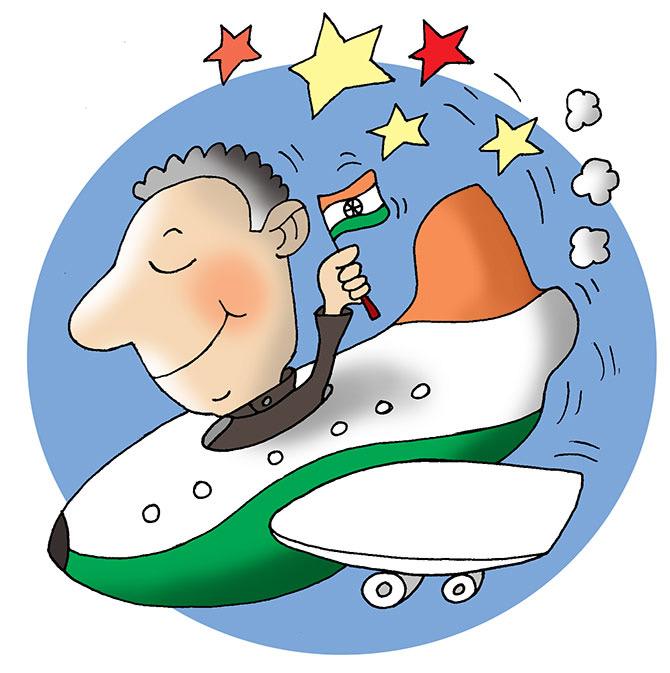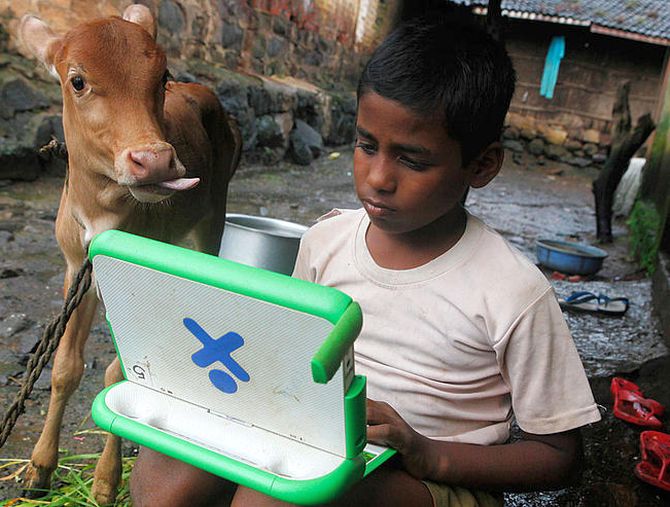Coordination between defence and civilian authorities has freed up airspace for commercial airlines in India, resulting in routes becoming shorter and costs coming down, apart from mitigating pollution.

“Due to various restrictions of the military, only about 58 per cent of the Indian airspace was being utilised. It is close to 70 per cent now,” said an official of the Airports Authority of India (AAI).
Officials of the AAI said to date 119 routes had been shortened.
Sources said since December 2020 the cumulative savings of airlines had been close to Rs 200 crore while there was a reduction in emission of around 45,000 tonnes of carbon.
While the target has been short of the government’s expectations of savings of Rs 1,000 crore per year, this has been primarily because of reduction in the number of flights due to the pandemic.
Aviation turbine fuel accounts for 35-40 per cent of the operating costs of an airline.
Due to high taxes, it’s around 40 per cent more expensive than in other countries.
With global crude oil prices at over $100 per barrel, shorter routes pinch airlines’ pockets much less.
While the idea of a rational usage of airspace was proposed in 2014, airline executives said the military was apprehensive about the idea and much development didn’t take place until 2020.
That was when the opening up of the airspace available with the armed forces was among the Covid relief measures announced by Union Finance Minister Nirmala Sitharaman for the stressed aviation sector, which was awaiting a stimulus package.
India has set up a central air traffic flow management facility, where officials from Air Navigation Services, Indian Air Force, and Indian Army work together to allow direct routing whenever restricted air space is not in use.
“The Indian Air Force (IAF) has been reluctant to share civil and military space primarily because the IAF’s flying is very dynamic in nature.
"It is intensive and requires a huge volume of airspace. So, while the military used to allow short direct routing through restricted airspace on and off, it was not mainstreamed.
"Now, unless that area is being used by the military it is always available and a permanent part of navigation charts for airlines,” said a flight dispatcher.
Flight dispatch is involved in planning flight paths, taking into account aircraft performance and loading and weather conditions.
For instance, in the Delhi-Srinagar sector, flight time has reduced by around 10 minutes after the IAF opened up much airspace in Punjab.
This, for an Airbus A320neo, which is the most commonly used aircraft in India, implies a saving of almost 400 kg of fuel.
Or on routes to Chennai from east Indian airports like Kolkata, Durgapur, and Agartala, the route has been cut by almost 15 minutes because the IAF has allowed it to use the airspace near Sulur Air Force Station near Coimbatore, which was previously unavailable.
Sources said IndiGo, India’s largest airline, has saved around Rs 100 crore since December 2020 and has reduced carbon emissions of around 32,000 tonnes.
Foreign airlines like Saudia, Etihad, and Qatar Airlines also have benefited from the direct routing.
Reduction in carbon emission is crucial for India because carbon offsetting norms for Indian airlines will kick in from 2027.










